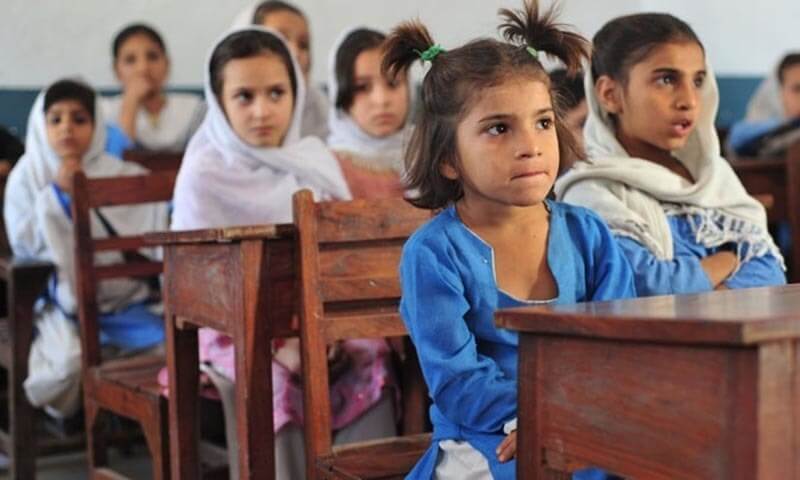I have seen the U.S. Agency for International Development in action — in Bolivia, Botswana, Pakistan and in Eastern Europe — and I can say that it is sometimes ragged and sometimes wasteful, but overall it is a great value for the money.
It is the face of America in 100 countries and its work is independent of the State Department, which has been one of its strengths.
The purpose of State is to represent American policy abroad and all that it entails. The purpose of USAID is to extend a helping hand.
It is the agency which shows the world through its actions our goodness, our decency, our humanity. USAID makes a difference, whether it is fighting AIDS, Ebola and malaria in Africa or helping electrify the Americas.
I have chanced upon — and that is the word — USAID at work in my travels. In Bolivia, I saw a village enjoying the luxury of electricity for the first time. In Pakistan, I saw trucks of American grain going into an Afghan refugee camp — the only source of food for the inhabitants.
I have heard from my family about the work in Southern Africa, about the treatment of AIDS, malaria and other diseases, where it is most needed. My father suffered from malaria, and I have a special feeling for its ravages.
My wife, Linda Gasparello, has a special feeling for Egypt, where she has lived. She has noted the impact of USAID in Egypt, where it has helped build schools and train teachers, helped create jobs in agriculture and tourism, helped provide access to clean water, helped reduce child and maternal mortality, and helped eliminate polio.
USAID has probably convinced more people that the United States is the good guy in the world than most diplomatic efforts or even the reporting of the Voice of America, Radio Free Europe, and Radio Free Asia.
If the work of USAID ceases, as Elon Musk has engineered, or is subsumed into State, people will die and Russia and China will fill the vacuum. They won’t fill it with the same human touch, but they will be there and we will be gone — and our good works and influence with the departure.
I grew up in Zimbabwe and even before President John F. Kennedy created USAID, there was general hostility to the idea of foreign “do-gooders.” In those days, the do-gooders were volunteers and the churches. The white community worried about ideas of democracy and equality that would upset the balance of privilege in colonial society.
Later, in the countries I know best (Zimbabwe, Zambia, Botswana, Malawi and South Africa), that fear and resentment was transferred to the international aid community. The dethroned white ruling class spread the word that foreign aid was corrupt, wasteful, and ineffective. American conservatives signed on.
Did Musk — who is irrational and pathological in his hatred of USAID and wants it abolished, and has gone a long way to achieving that aim — absorb these prejudices when he was growing up in South Africa?
Musk and President Donald Trump have presented no evidence, sought no information nor commissioned a study on USAID’s efficacy. Based just on hearsay and a paranoia that the world is out to cheat America, take its money and otherwise kick sand in its face, they are dismantling one of our pillars of statecraft.
It is an abiding myth among MAGA conservatives that foreign aid is a sinkhole, corrupt and indefensible. I have seen otherwise. But you can’t see if you don’t look.
Remember the Marshall Plan, the expensive but so worthwhile rebuilding of devastated Europe after World War II? It is cherished here and in Europe as an act of American magnanimity and statecraft that was unique in its scope and its preparedness to use American wealth for the good of others.
The plan paid off as one of the smartest investments we could have made as a country. It is an extreme example of the effectiveness of soft power.
It convinced Europe of the fundamental goodness of the American project and enabled more than 70 years of openness and sharing, convincing generations that America had certain values of human concern that would always prevail even when there were disputes.
In trashing USAID — and what mindless trashing it has taken! — the United States has opened the door to Russia and China to take on the good-guy mantle and to manipulate global opinion in their favor; and to make an always dangerous world into a more hostile one for the United States.
Without food and medicine, staples of the USAID efforts, the poorest and most wretched will suffer unspeakably. In Africa, where Musk and I grew up, people will die.
There is a ghastly irony that they will do so at the hand of the richest man in the world, acting for the richest nation in the world.


